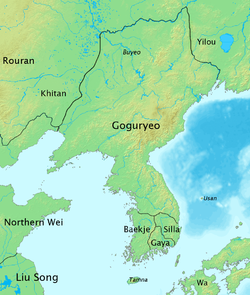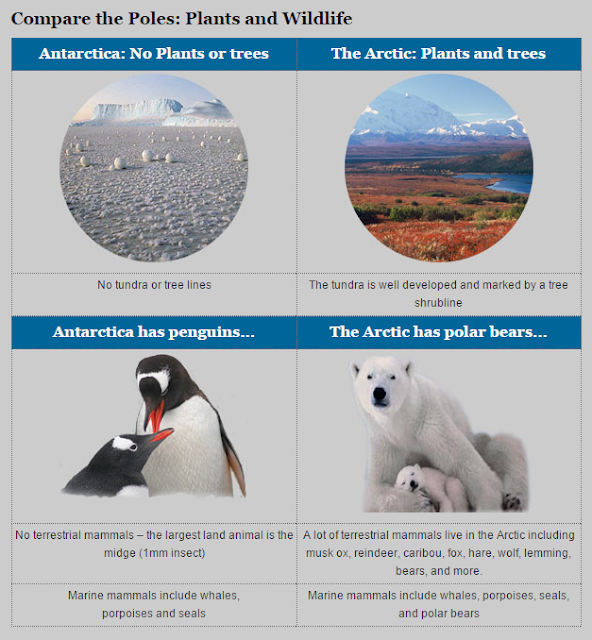Experiential learning is the process of learning through experience, and is more specifically defined as "learning through reflection on doing".
"By three methods we may learn wisdom: First, by reflection, which is noblest; Second, by imitation, which is easiest; and third by experience, which is the bitterest." _ Confucius
"Experience is the teacher of all things." _ Julius Caesar
"I have but one lamp by which my feet are guided, and that is the lamp of experience. I know no way of judging the future but by the past." _ Patrick Henry
"While it is wise to learn from experience, it is wiser to learn from the experiences of others." _ Rick Warren
What can we learn from the quotes of many great men? If we start chronologically, we cannot omit Solomon. Proverbs is Solomon’s wisdom to give us a hint of knowledge.
“Wisdom is the principal thing; therefore get wisdom: and with all thy getting get understanding.” _ Solomon (Proverbs 4:7)
To get understanding, one must first learn. The process of learning requires getting knowledge. Learning can be easy or it can be painful, or outright very damaging. Experience is acquired through ones life. From toddlers to adults we gather and learn, from our experiences or that of others. Our parents spare us the hurt of many painful experiences, by telling us of their experiences, warning us of dangers.
Eventually, through this whole process, some become wise. The degree of wisdom acquired through our lives depends on how much we learned or how much we experienced. It is said that
King Solomon was outright given the gift of superior wisdom. None have had this advantage, and none can pretend to have superior wisdom.
NATO :
History shows us that experience is almost always the
best teacher.
Those who are supposedly the guardians of nations, use history as a Geopolitical tool to manipulate nations and kneel them to their whim. They are wise, and know what actions engendered what results. History is full of those tales.
So what of us the simple people? What would wisdom bring us?
For one, not fall in the traps of the deceivers and manipulators of our World. To live avoiding making the mistakes others have made in the past. To strive and better ourselves, generations after generations. Only then will humanity fulfill it’s mission.
In this century plagued by corruption, how can we ignore the past to understand the motivations of those who seek to deceive us in order to gain the upper hand on others? When elaborating on politics the pros and cons of an idea, how can we ignore history?
Was corruption common in the past?
Today, many more are in positions of power to various degrees, and because of it, corruption is even harder to detect. Corruption is, at so many levels a means to ascend to greater positions of power. If you add to it, the ever receding morals and values, it becomes even more dangerous, and ever present.
In today’s morals, lying has become a daily routine. For any reason from the little white lie to the huge deception, it has become an accepted way to do things. Most people even laugh at their deceptions, and make fun of the more “gullible ones”. Gullible people are people who could never think of such deceptions and even believe others are like them. Scams, con men, false advertising, are part of daily business. Were those not existent in the past? Yes, of course, but since they were operating within their areas, they often were spotted, or had to be very careful and super-creative.
Today one operates world wide with means never available before. A con man based in Africa can appear to be or pretend to live a few miles from you.
Have the methods of deception changed from the past?
No, not so much. The same old, same old subterfuges are used today with a technological twist. That is why history is important.
How many
Wars were brought up for other reasons than what we expected them to be?
How many
genocides came from so called benevolent rulers?
How many economic calamities occurred for the profit of those who created them?
History my friends! Learn it or be square!










